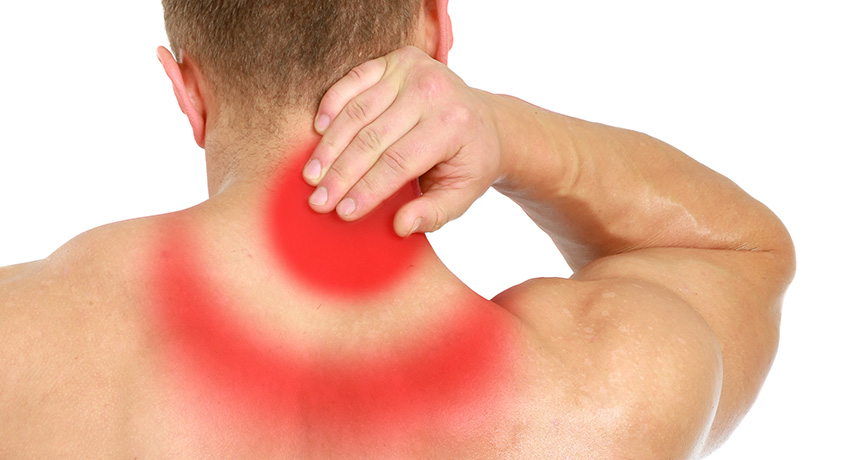Ask the Expert: Should I Work Out When Sore?

Sore muscles photo via Shutterstock.
Have you ever been so sore that you are walking funny? Or so sore that is it hard to sit down? We have. And recently. So we asked an expert, “Should you workout when sore?”
The answer comes from Jeff Butterworth, owner of RX Strength Training in Somerville:
Sponsored Content

With personalized care and convenient locations, it’s no wonder patients love primary care at Tufts Medical Center. Learn More
Being sore after a tough workout isn’t always a sign that you’re on the brink of injury. More often than not, you’ll be fatigued, and a solid workout is exactly what you need. Soreness is a symptom of lactic acid buildup in the muscles, which is a byproduct of intense effort. It also comes from the repair of tissue during muscular hypertrophy, as the thousands of tiny micro tears are mended by your body to create a bigger, stronger muscles.
While it seems that you might be better off just leaving the affected areas alone, you would actually be wise to engage those muscles, just less than you did in the previous day’s training, but still enough to get oxygen and nutrient-rich blood flowing through and flush out the lactic acid. For example, you may not want to go for a weighted lunge record the day after squatting heavy for five sets of five, but a little jumping and aerobic exercise of the legs will help that soreness to go away.
The counterexample to this, of course, is a muscle that truly is close to injury. You’ll recognize this by sharp, acute pains at certain angles or flexions, rather than the dull throb of muscles when they are engaged or put under pressure. It’s perfectly normal for your shoulders to complain when you lift your arms slightly after heavy pulling efforts, but quick, pinching pains best joint areas or muscle attachments can mean that part of your body is strained or overtrained. In this instance, you should not only avoid working out in this area, you should be evaluating your training methods, as an overzealous or unmoderated approach to fitness can quickly lead to injury.

